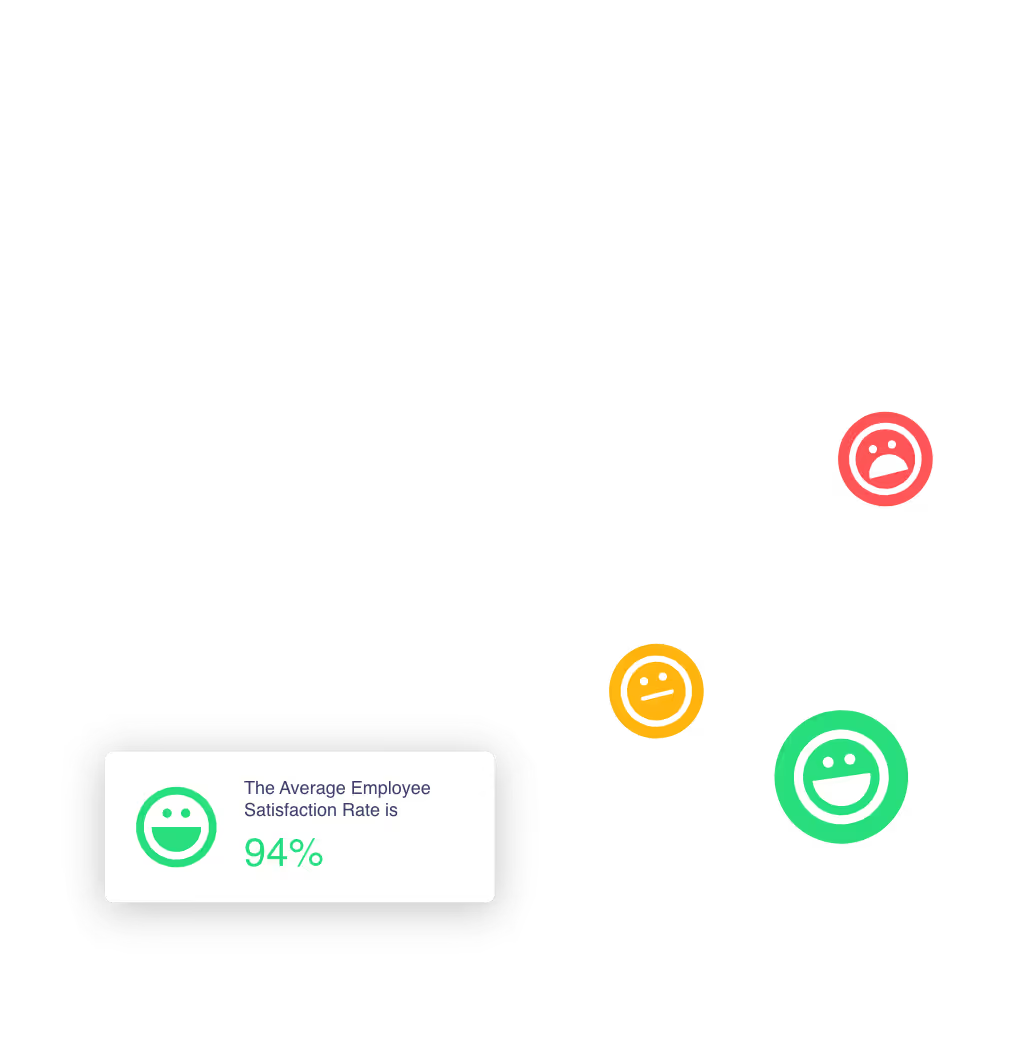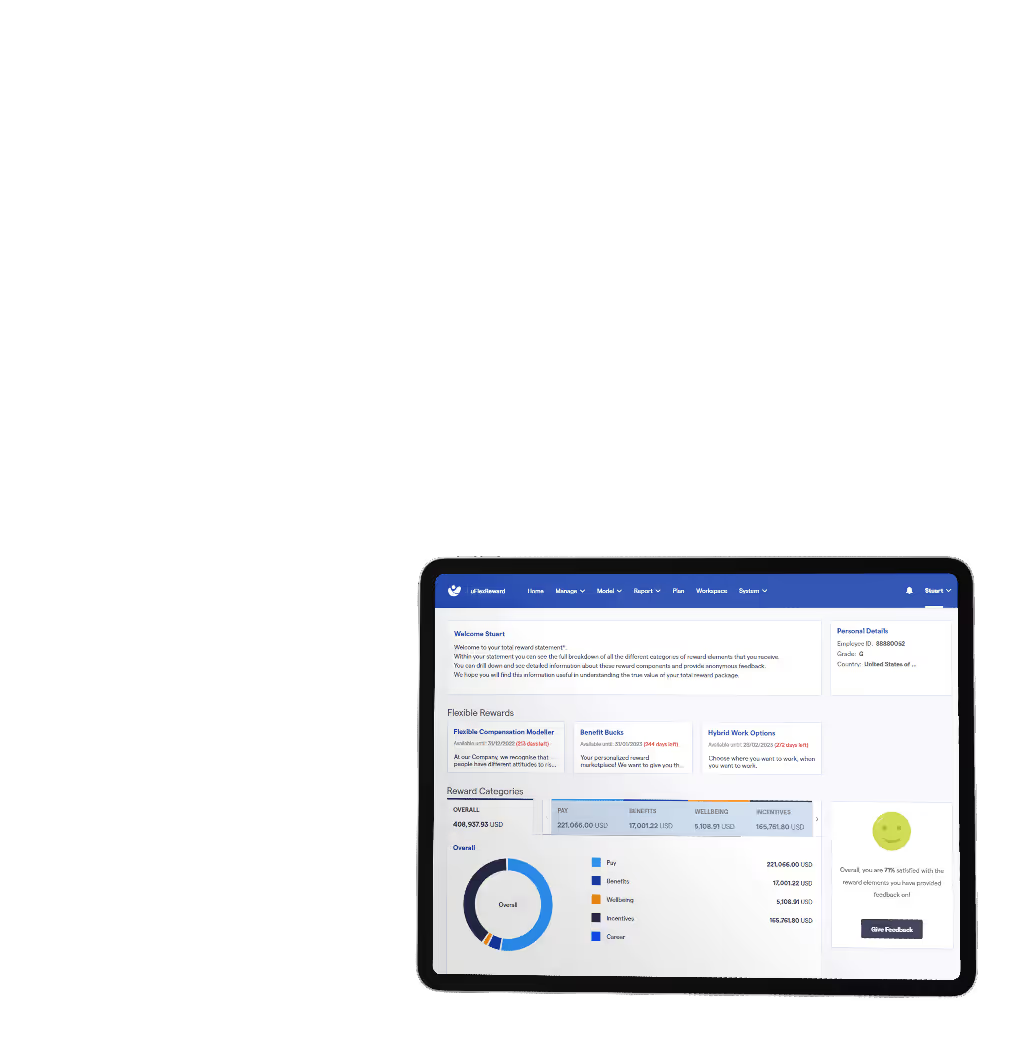Optimize People Cost Retain Top Talent
Empower reward professionals with comprehensive data for informed decisions and boost employee engagement through real-time reward statements and flexible options.


Meet uFlexReward
See all your rewards program data in one place with executive level admin and dashboard views
Unlock the Power of Smarter Rewards
A complete toolkit for managing, optimising, and evolving your reward strategy.

Empower employees to choose their own rewards package with ease and flexibility

Get real-time feedback on what employees value most in the same tool you use to create your programs at an overall and individual reward perspective

Leverage the full picture of your data to model What if scenarios on total reward packages for new hires, promotions, organizational moves and expatriate assignments

Derive actionable insight from aggregating your total reward data across global disparate HR systems

See and manage global and country-level rewards program data at the enterprise and employee level

Ensure you are staying competitive on your total reward programs across the globe

With all of reward components in one database, analyze the impact of different scenarios to changes to individual reward elements

Easily configure the administration rights for your reward managers based upon functionality and data parameters
The Latest
Explore webinars, reports, articles, case studies and more insights from the uFlexReward team.





.png)
.png)